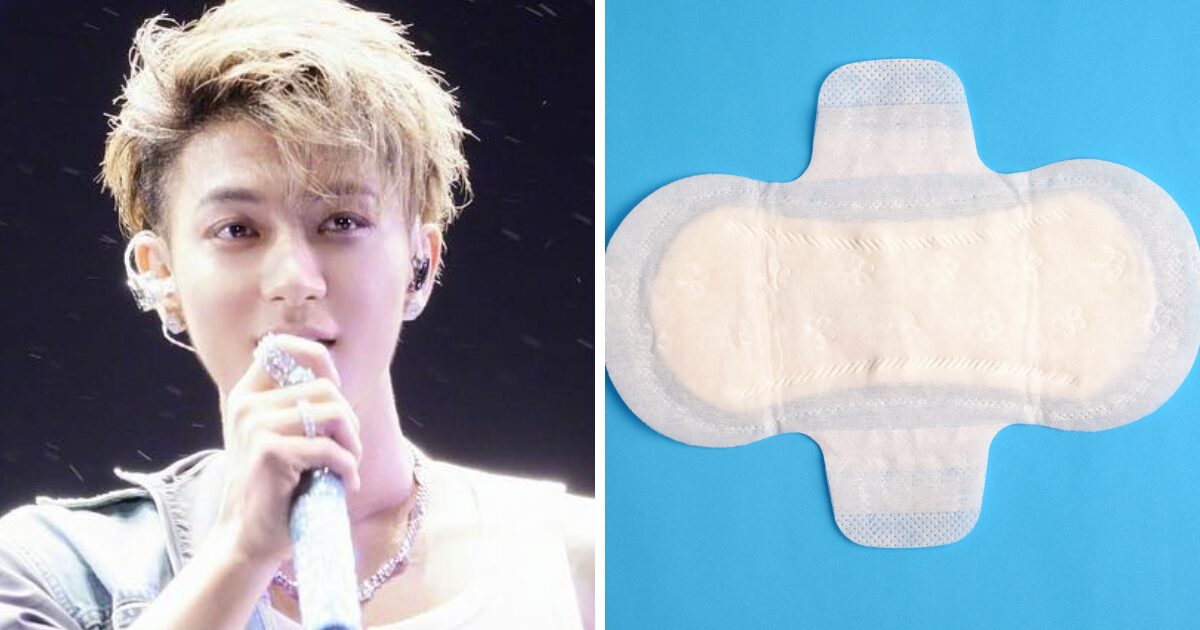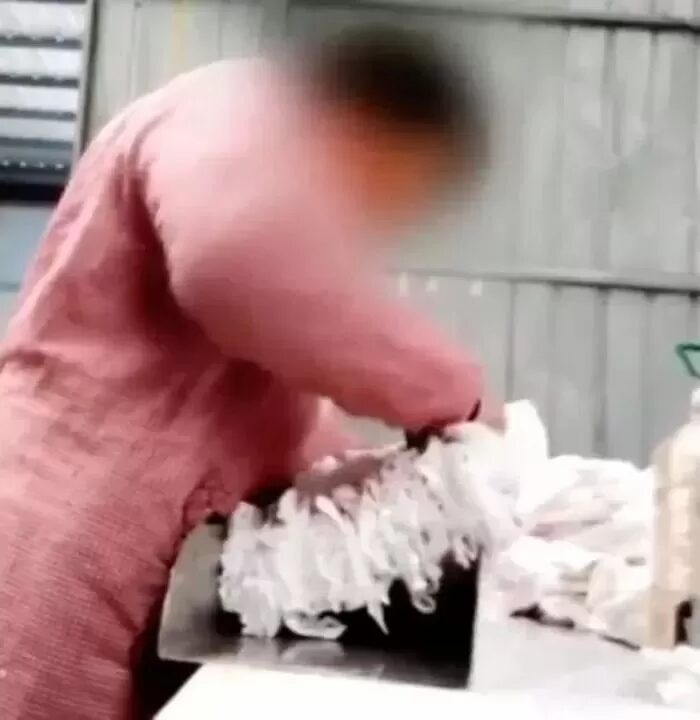Former EXO’s Tao Takes Action After Scandal Exposes Horrific Feminine Hygiene Practices

Former EXO member Tao has become a hot topic after declaring that he will enter the feminine hygiene product market in China. The star’s decision came after a shocking broadcast exposed the horrific practice of companies reselling used sanitary pads and diapers from well-known brands.

On March 15, a special broadcast — titled “Consumer Rights Protection” — aired in China and exposed how some waste recycling companies are repackaging and reselling discarded sanitary pads and diapers. The unsettling footage showed the used products scattered across the floor, with workers repackaging them from garbage piles.
The recycled products were being sold through online shopping platforms, and the companies were reportedly making a massive 30-fold profit.

After the scandal, Tao declared that he would be entering the market during a live stream. The former EXO star claimed that he had been planning to create a company that would manufacture good-quality pads. He also promised that his company would be so transparent that the entire manufacturing process would be live-streamed 24 hours a day. This way, the public would be able to monitor every single step, from raw materials sourcing to packaging.
here yall go 😗 pic.twitter.com/ctIUap1CKL
— moony (@exolovestations) March 26, 2025
To add even more transparency, Tao claimed that his wife, Xu Yiyang, along with other female team members, has already conducted 90-day tests on the pads.

The unexpected news was first met with mixed reactions: while some netizens praised Tao others felt as though he as trying to exploit the controversy surrounding recycled sanitary pads to start a business. However, he swiftly addressed these accusations.
I started contacting sanitary pad suppliers months ago…
I can’t guarantee the product will be flawless, but I can assure you that the sanitary pads I produce will be absolutely clean and safe.
— Tao via Insight

Some netizens are now hopeful that Tao’s actions will put pressure on existing companies to increase transparency in their production processes.